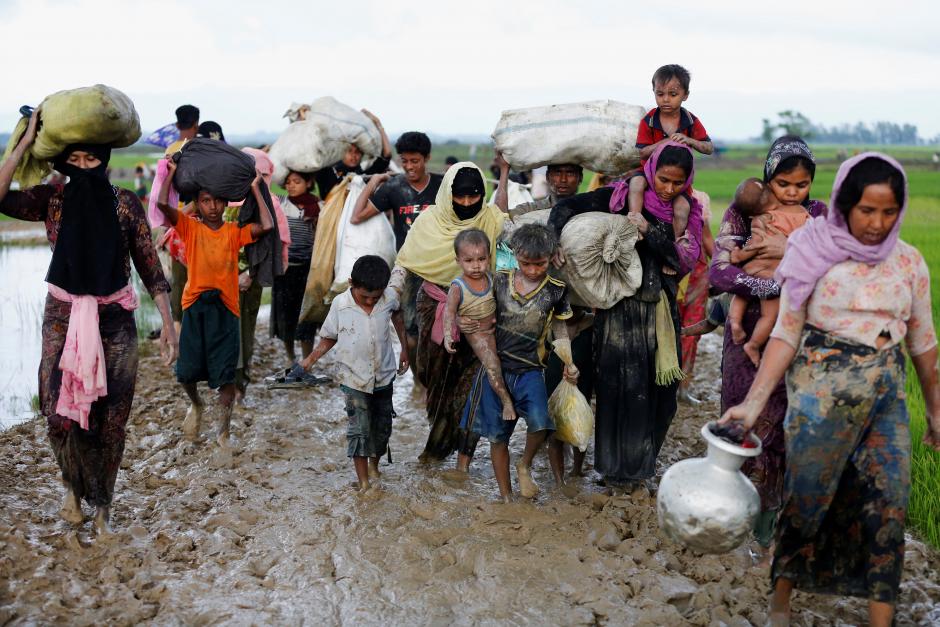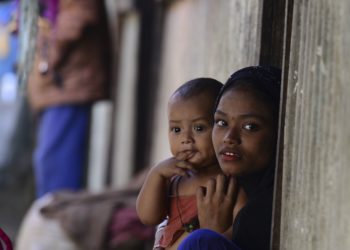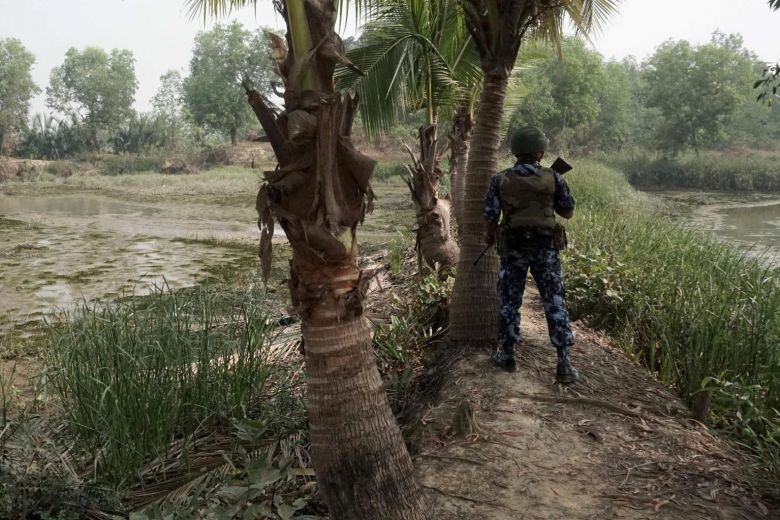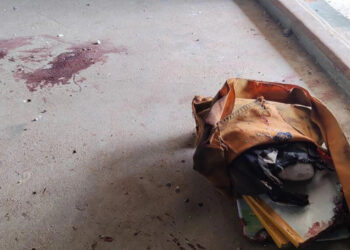The Rohingya, Myanmar’s Muslim minority, have been persecuted for decades. But they have never before experienced the systematic and terrible violence that has been wrought upon them in the past 12 months.
In February, the U.N. High Commissioner for Human Rights released a ‘Flash Report’ detailing some of the atrocities that the military and their associates carried out on the Rohingya between 9 October 2016 and 9 February 2017 in Myanmar’s Rakhine state. They included burning and looting of Rohingya villages; murder of Rohingya men, women and children; summary execution of imams, religious scholars and community leaders; rape and torture. The military used helicopters to fire bullets and drop grenades on villagers as they were working on their farms, shopping in markets or fishing. Recently, we learned that the violence had begun again.
Myanmar’s military denies that it is carrying out a genocidal campaign against the Muslim minority. First, it claims that reports of atrocities are fabricated and that breaches of protocol during ‘clearance operations’ have been minor. Second, it argues that its actions are necessary on the grounds of national security. Nobel Laureate Aung San Suu Kyi, whose party won a sweeping majority in the elections of November 2015, largely supports the military’s position. When the UN Human Rights Council resolved to send an international fact-finding mission to Myanmar, Suu Kyi rejected the decision. She said that the Human Rights Council resolution was “not in keeping” with what was actually happening on the ground.
The suggestion that stories of atrocities are fabricated is pernicious. Although the international media is not permitted into the areas where the military operations are taking place, the reports coming from refugees who have fled across the river into Bangladesh leave little room for doubt.
The High Commissioner’s February 2017 Report, based on interviews with some of these refugees, is compelling. The evidence of human rights violations was gathered with a rigor that forestalls plausible deniability. There are simply too many first-hand testimonies, too many bullet-wounds, too much physical evidence of rape and torture.
It should surprise no one that Myanmar’s Buddhist military generals are motivated to degrade and destroy the country’s Muslim minority, given the long years of discrimination and oppression endured by the Rohingya. It is more difficult to explain Aung San Suu Kyi’s position. She has long styled herself ‘Burma’s Gandhi’ and claimed to follow in the footsteps of leaders such as Desmond Tutu. But she has also always claimed to be a politician.
In 2012, she made a decision that, after more than two decades of direct military rule, she would accept a gradual transition to democracy on the terms laid out by the military. These terms include the continuing presence of the military in parliament and the absolute autonomy of the military in matters of national security. What is happening now to the Rohingya is the direct result of Aung San Suu Kyi’s pact. She does not have the power to reign in the military even if she had the will for it.
The international community, distracted by North Korea’s catastrophic recklessness and natural disasters in the United States, looks set, yet again, to allow genocide to occur. The Rohingya will be added to a list of peoples whose fate makes the Nuremberg claim – ‘Never Again’ – ring hollow.
Disclaimer: The views and opinions expressed here are those of the author and do not necessarily reflect the editorial position of The Globe Post.






















